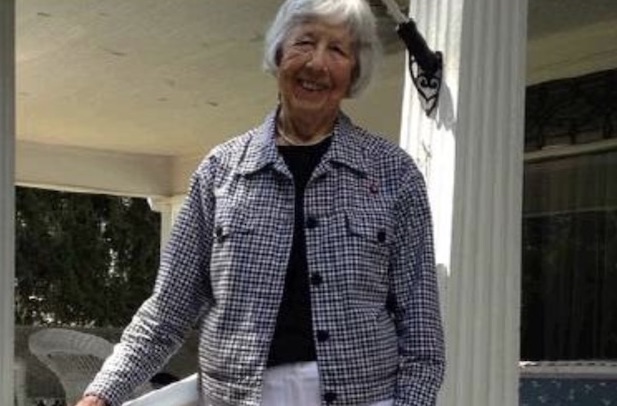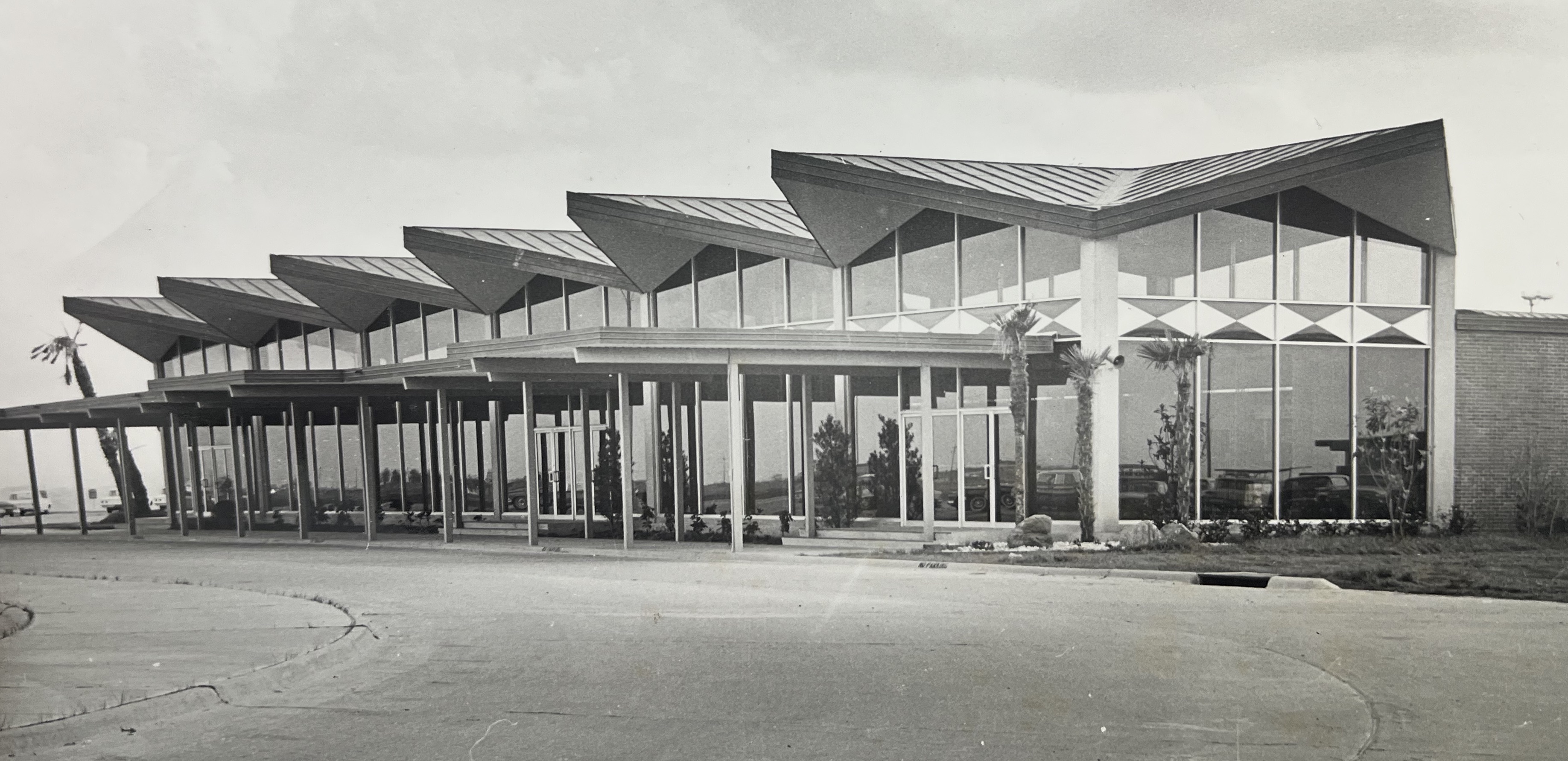Ruth Sullivan, pioneer in the study of autism, dies at 97
Published 7:04 am Sunday, September 26, 2021

- Ruth Christ Sullivan was a co-founder of the Autism Society of America and spent a lifetime as an advocate for people with the condition. (Special to the American Press)
Ruth Christ Sullivan died peacefully this week at age 97. A pioneer in the study of autism, Sullivan’s legacy has been greatly chronicled by academics, news media and even Hollywood.
Perhaps most impactful, though, are the words of her sister, Geri Landry, who knew her with a depth that only close family can. Born 60 miles east of Lake Charles in Mowata, Sullivan moved to Southwest Louisiana after serving in the Army Nurse Corp where she worked with wounded soldiers in Texas.
She received her nursing training at New Orleans’ Charity Hospital and her masters of science in public health from Columbia University where her “born leader” characteristics really shined, Landry said. “She was always a leader. Class president, head of her nursing class, she was always a strong leader and she knew how to do it to get other people involved. It wasn’t, ‘I’m in charge.’ She had everybody working.”
She worked as a public health nurse at the clinic on Prien Lake Road, Landry said, and her husband, Bill Sullivan, was an English professor at McNeese State University. It was in Lake Charles that she had her fifth child, Joseph Sullivan, who would eventually receive what at the time was a rare diagnosis of autism.
“At first they thought the doctor had said ‘artistic,’ ” Landry said, chuckling at the irony of the mistake. “That’s because at the time, no one knew what was happening. Joe wouldn’t sleep. He’d climb the walls. He was so active and started off talking and then just stopped.”
Whether it was a “strike of luck” or “Godly intervention,” Landry said a psychiatrist from Beaumont, Texas, visiting the area was able to make the accurate diagnosis of autism. “You wouldn’t have thought in this little town someone would know,” she said.
“She (Sullivan) pulled her textbook out and found ‘autism’ only twice. In that day, people were put in institutions, behind locked doors and left there because people didn’t know what to do with them.”
Sullivan was determined to ensure that would not be Joseph’s fate. “She was very driven and definitely an advocate for respect and the dignity of a person with a disability,” Landry said.
The family eventually moved to New York with Bill’s job and there she began doing extensive research into autism, working with psychiatrists, psychologists and other mothers wading through what at the time was very murky waters. “At that time, they would blame the mothers. ‘You just don’t know how to work with the children,’ they’d say…(But) she had four before that and knew it wasn’t her fault.”
Sullivan’s meetings were more than just a support group, however. “She met with the mothers to organize them to get services for their kids,” Landry said.
Together with Dr. Bernard Rimland, a father of a son with autism, Sullivan founded the Autism Society of America in 1965. Working with more and more parents and professionals, the organization was able to get federal funding for autism research and create a resource center for parents, Landry said.
Perhaps one of the greatest accomplishments of Sullivan’s career, however, was the addition of autism into the Individuals with Disabilities Education Act, the law which grants free, public education to all children regardless of disability.
“She testified before Congress pushing for it. She was a lobbyist and speaker to get Congress to get a special education law into place. In 1975, IDEA became law and she was on the committee that wrote all of the specific language about autism to make sure they would be accepted because with the first law, autism wasn’t included.”
Her drive resulted in Joseph graduating high school, helping him reach his full potential as a “very smart, young man,” Landry said. “He never forgets what he hears and what you tell him…He can multiply any number times any number.”
Joseph’s life and Sullivan’s work in the field was the major influence for Dustin Hoffman’s “Rain Man.” Two documentaries were made about Joseph’s life and condition, both of which served as inspiration and research for the film.
“At first they were going to do a person with Down Syndrome and someone told Dustin Hoffman about autism,” Landry said. “He studied those documentaries and met with Joseph and Ruth. When he received his Oscar, he thanked Ruth and Joseph.”
Sullivan’s life and work resulted in much more than an Oscar, though, with her opening independent living homes for adults with autism in Lake Charles and Huntington, W. Va. Additionally, her passion led her to furthering her education in multiple fields all for the betterment of individuals with autism.
“At 60, she decided she needed to get her doctorate. She rode two hours one way over the mountains and went to Ohio University. She was the first one to receive it in psychology, special education and speech and language.”
Sullivan’s life and experience led her to becoming a definitive source on autism knowledge and education landing her with spots on “Oprah” and “Larry King Live,” and interviews with Maria Shriver, “People” magazine and authors of numerous textbooks and books on the subject of autism. “Anywhere you went that anyone knew autism, they knew who Ruth Sullivan was.”
Landry was careful to add that her sister always kept the goal of autism research, awareness and education as the forefront of her mission and talks. It was never about being well-known, she said.
“All she was trying to do was spread the word about autism.”
While Joseph was the spark that lit the flame for Sullivan’s work, her work became about a much greater mission than her family alone. “Her focus wasn’t just Joseph. It was all the systems that control the money to help people with disabilities.”
Landry was proud to say her big sister certainly accomplished it all. “She didn’t only make history. She changed it. Not just for the quality of life for Joseph but for the quality of life for every person with a disability.”





